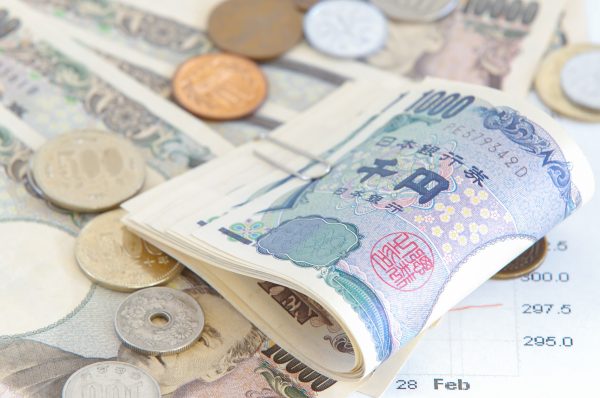Tokyo Report | Financial system | East Asia
Rising world vitality costs are intensifying price of residing pressures and thwarting Japan’s post-COVID financial restoration.
After a long time of gentle however persistent deflation, Japan lastly reached its 2 % inflation objective in April – largely as a result of world surge in vitality costs and an unprecedentedly weak yen in opposition to the greenback. Japan has loved comparatively steady costs because the mid-Nineties, and the speedy rise in world costs has caught Japanese customers largely off guard. Japan’s long-standing financial easing and financial spending leaves restricted sources to resist the price of residing pressures amid stalling annual wages.
For many years, elevating costs has been a taboo subject in Japan. Whereas 2 % inflation is comparatively low by worldwide requirements, Japan has been often called the land of falling costs. The misplaced decade after the financial bubble burst in 1991 ushered in a state of “stagflation,” the place client costs rise amid falling nationwide earnings and a stagnant financial system. That have created a technology of price-conscious customers the place steady costs grew to become the norm.
Then the worldwide COVID-19 pandemic led the Japanese financial system to contract by 4.5 % in 2020.
At present, many Japanese customers are feeling the pinch of unaccustomed value hikes with out will increase in wage. The Client Worth Index (CPI) for primary gadgets jumped to a seven-year excessive, reaching 2.5 % in Might 2022. In keeping with Teikoku Databank, the costs of over 10,000 client items have risen by 13 %.
Japanese firms are hesitant to go on value hikes to customers and have a tendency to soak up value will increase. But meals like bread, immediate noodles, chips, seafood, frozen meals, and fruit have develop into costlier, as highlighted by Nikkei Shimbun. Many Japanese firms have opted for stealth value hikes, by which firms shrink amount and quantity slightly than elevating costs outright. However main Japanese chain eating places Yoshinoya, Sukiya, and Matsuya have raised the value of beef bowls as a result of enhance in beef costs. Sixty-five % of Japan’s beef consumption is met by imports. Moreover, 75 % of livestock feed can also be imported, including to the cost-inflationary pressures affecting home meat and poultry manufacturing.
Since decrease earnings earners spend a better proportion of their earnings on day by day requirements, value hikes will put important stress on low-income households, particularly single moms and households with school-age kids. The federal government has introduced oil and gas subsidies to maintain last costs in verify and given money handouts for households. However meals value hikes are projected to proceed over the summer time as a result of regular world demand in wheat and packaging supplies.
In the meantime, the Financial institution of Japan has defended persevering with low rates of interest amid rising costs and hopes to shift the “deflationary mindset” of the Japanese individuals. BOJ Governor Kuroda Haruhiko was pressured to make a public apology after suggesting “the Japanese public are getting used to inflation.”
The BOJ has been aiming for a 2 % inflation goal for practically a decade. The objective was to stimulate the financial system by getting individuals to devour and make investments, which might result in elevated salaries and a gentle rise in meals and client items costs. However the present cost-push inflation fee of roughly 2.4 % is predicted to final till the top of the calendar yr, which is sufficient to make individuals dip into their financial savings, decreasing client confidence. Households are set to develop into additional savings-orientated and are unlikely to loosen their purse strings within the present financial local weather. This can be a important impediment to the restoration of Japan’s pandemic-hit financial system, which is dependent upon elevated client spending.
The financial headwinds additionally present but one more reason for companies to stall wage will increase. Company Japan faces immense stress from the federal government to boost wages, however this requires larger company earnings and elevated productiveness. Exporting companies that profit from the weak yen are prone to see a rise in earnings and are anticipated to go earnings on as larger wages for workers. However underneath the present financial circumstances, will probably be troublesome for all employees to hope for wage will increase.


